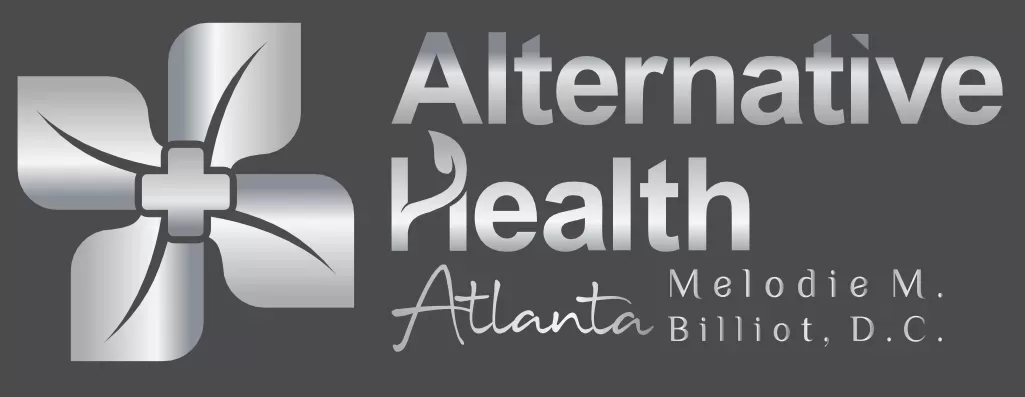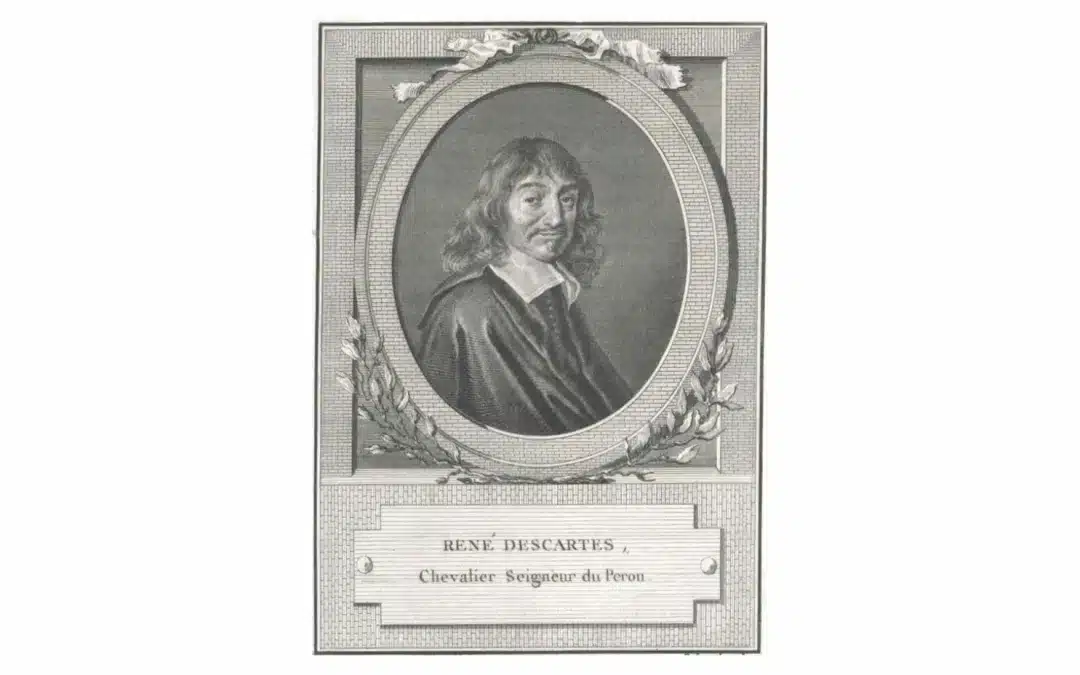Why There Is Controversy and Disagreement About Holistic Health Care
I see lots of debate, disagreement and concern about “controversial holistic health care” from non-patients, but not from my patients on treatment programs.
It seems that all the debate and disagreement end abruptly with results.
But without the experience of results (“Nothing else has worked and this treatment is making me feel great!”), some people feel that holistic health care must be a scam or deception.
But they usually can’t tell you why they feel this way.
Ask a “doubter” almost any question about holistic health care and you’ll discover that they know NOTHING about it, or what they know isn’t true.
But they do know it isn’t conventional medicine, so therefore they’re sure it must be quackery.
This Goes Way Back
I think I can help you to better understand this thought process: When people “know” things that they can’t explain, these things are usually a part of the fabric of the society they live in. They accept it as true because it’s generally seen by the society as true, even though they’ve never personally decided about it. This disagreement with holistic health care probably goes back to a French philosopher named Renè Descartes in the early 1600’s. Descartes was the first to propose that the body was a machine. For this we have a lot to thank him for! Before Descartes, the body was mysterious, unknowable and dangerous to study. Seen as a machine, the body could be understood and treated.
The “body as a machine” model is responsible for all modern medicine, and certainly will continue to help find additional cures and techniques that will overcome injury and disease in the future.
The only problem with this useful model is that it isn’t completely true. This is no secret. Anyone who has extensively studied medicine, or a related subject is fully aware that the “boxes and arrows” diagrams of body functions found in textbooks are simplistic and inaccurate. Body systems are not limited to just their functions but are “fuzzy around the edges.” Areas of the body that are designed for one purpose can be found to be accomplishing something different under stressful circumstances. Medicine is referred to as an art and a science… because it certainly isn’t just a science.
This idea that bodies are something more than a machine tends to be understood by more experienced and educated professionals who have observed this for some time. Many sick lay people think that their “machine” has broken, and that the correct drug will simply repair it. Often, this idea is responsible for some of the disagreement with holistic health care: Why not just repair the machine with a drug? What’s all this OTHER stuff?
Vitalism: Debunking an Old Theory
I go one step further than the general agreement among health care professionals that bodies are more complex than machines. I operate off the assumption that bodies are (gasp!) ALIVE.
If you bring this radical idea up with many medical professionals, you should prepare to deal with fireworks. The health care field in general does NOT want to hear that bodies are alive. No, sir. And, once again, the reason for their upset is part of the fabric of our society. It has to do with vitalism.
Vitalism: the theory that the origin and phenomena of life are dependent on a force or principle distinct from purely chemical or physical forces.
Vitalism goes back (at least) to ancient Egypt. In history, proponents of vitalism muddled about, writing up their ideas and arguing— while the scientific materialists (body-as-a-machine guys) did useful research and cured illness. So, vitalism is a big LOSER historically, and no one has any business even bringing up that subject again, right?
Body As Machine Theory Fails to Treat Chronic Illness
Well, except now medicine is becoming a big loser as well, as it fails to effectively treat more than half the population suffering with untreatable chronic health conditions:
Six in ten adults in the US have a chronic disease and four in ten adults have two or more. Chronic diseases are the leading causes of death and disability in the United States. They are also the leading drivers of the nation’s $3.5 trillion in annual health care costs. –CDC (link is to CDC website)
Here’s news: medicine’s Descartes model of “man as a machine” is responsible for these statistics, and ONLY vitalism (reinvented) has any hope of changing them.
This is because chronic illness results from overall deteriorating health, not specific “malfunction of the body machinery.” So medical (machine) treatments don’t work, but working with the (living) body to assist it to heal itself does work.
Vitalism in the past was mystic or religious. It was all about how you couldn’t know stuff, where the Descartes camp was all about how you can find stuff out. I’m with Descartes on this one. My version of vitalism is all about knowing how to work with life, understanding how life affects the body and using this information the same as the scientific materialists did: to get results with patients and improve lives.
Practical Use of Your Body’s Intelligence
You may not understand what the underlying quantum physics is doing when you hammer a nail into wood, but that lack of knowledge doesn’t affect your getting the job done. Similarly, I don’t fully understand life, but that doesn’t mean that it isn’t possible to observe and measure and predict what life will do with a body and help that body to heal.
Any disagreement you run into about holistic health care is probably a misunderstanding based on the old vitalism arguments. Your friend thinks you’re into mystic therapies that make no scientific sense.
Everything I do is based on anatomy, physiology, biochemistry, genetics—because this is how bodies function. I test the nervous system to find out what the intelligence (life) operating the body has as a healing priority and simply become an effective assistant by using (body as a machine) information in the way that the (vitalism) body wants to.
The result? Patients with chronic illness recover.
Deus ex machina.
Phone:
(770) 937-9200
Email:
PatientServices@AlternativeHealthAtlanta.com
Address:
1640 Powers Ferry Rd SE
Building 14, Suite 100
Marietta, Georgia 30067

RESULTS MAY VARY
DISCLAIMER: This website is not intended to provide medical advice and nothing in it should be construed as a therapeutic recommendation or prescription for any disease or symptom. Visitors should not attempt self-diagnosis or self-treatment of any kind, and should not discontinue any medication or therapy or make any health-related decisions without the advice of a licensed medical physician. Dr. Melodie M. Billiot, P.C. disclaims any liability, loss, or risk incurred, directly or indirectly, as a result of the use and application of the contents of this website. If you are unwilling to be bound by this disclaimer, you should avoid this website.



Thank you for having the courage to step out of the shadows.
Makes perfectly good sense to me- not “rocket science”!
Thank you Dr. Billiot for your dedication and commitment to whole life healing!
Gratefully,
Dr. Charlyn